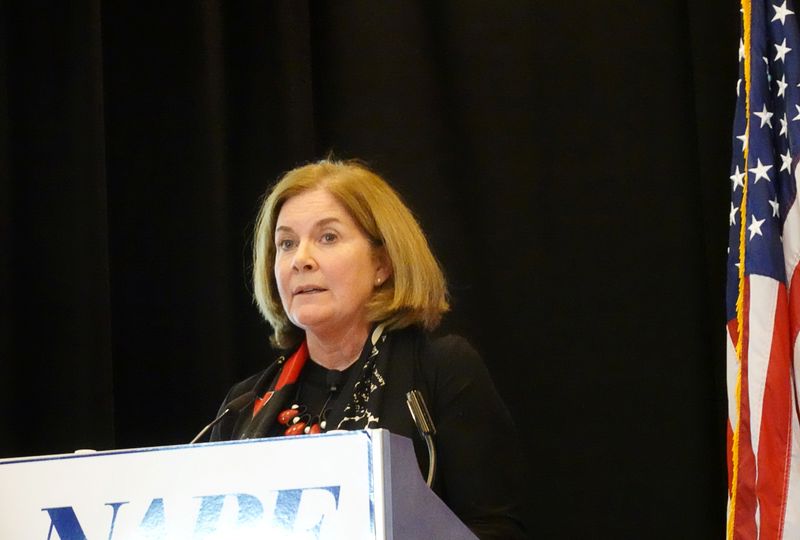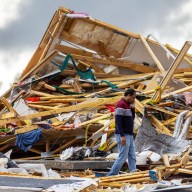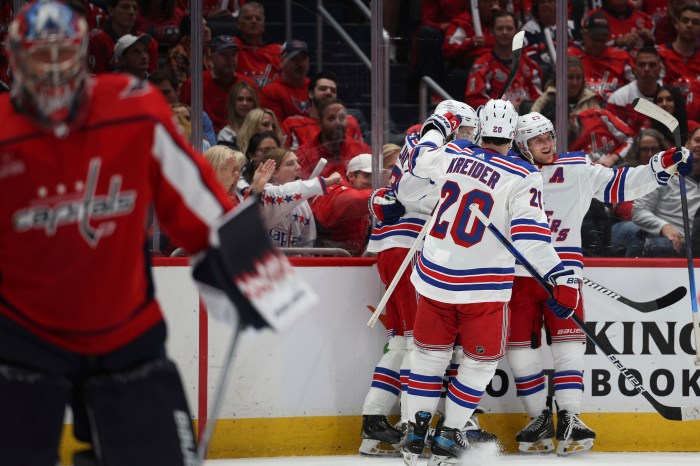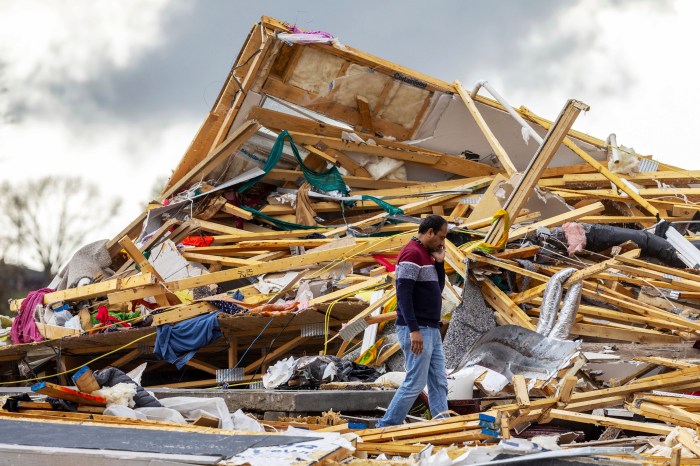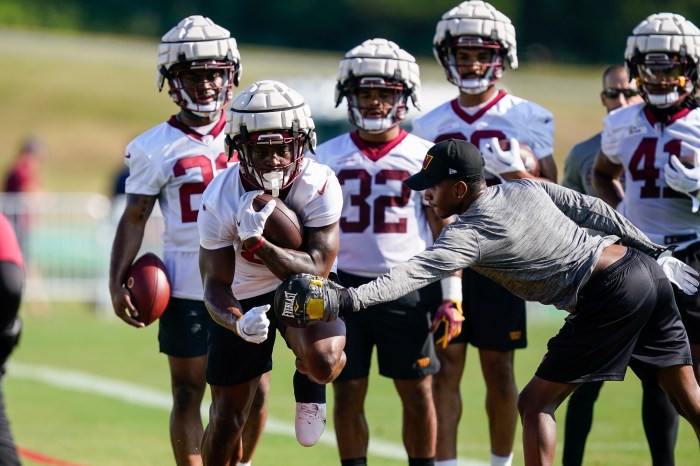WASHINGTON (Reuters) – Delay in the rollout of coronavirus vaccines is now among the most substantial risks facing the United States, Kansas City Federal Reserve President Esther George said on Tuesday, with the economy poised for a “snapback” once the immunization program succeeds.
“I am generally optimistic that the year will be one of continued recovery,” with consumers readying to spend excess savings and business likely needing to rebuild inventories drawn down during the pandemic, George said in prepared remarks to a Kansas City business group.
However, “just two weeks in we are off to a rocky start,” she said. “Much of the optimism for eventual recovery this year is tied to a successful and widespread vaccination program. One of the most substantial risks to the outlook is a significant delay or disruption…It is difficult to imagine a sustained and robust recovery until the virus no longer interferes with day to day decisionmaking.”
George spoke on a day when attention turned to the slow initial rollout of the vaccine, and moves by the Trump administration, in its waning days, to speed the pace of immunization.
George’s optimistic take on the economy’s potential, post-pandemic, is shared broadly at the Fed, to the point it has led some policymakers to begin discussing when it might be appropriate to curb steps taken last year to fight the coronavirus recession.
George said she felt it was “too soon to speculate about the timing of any change” in the Fed’s approach, which includes not only interest rates near zero but $120 billion in monthly purchases of government and government-backed securities.
However she said the coming debate over post-pandemic policy was “likely to be challenging” for the Fed as it tries, for example, to determine how deeply the country’s job market was damaged by the pandemic, which sectors have changed for good, and how high employment might rebound.
In particular, she said that while she does not consider higher inflation “a near-term threat,” movements in prices after the pandemic mean overall inflation “could approach the (Fed’s) inflation objective more quickly than some might expect.”
(Reporting by Howard Schneider; Editing by Andrea Ricci)

